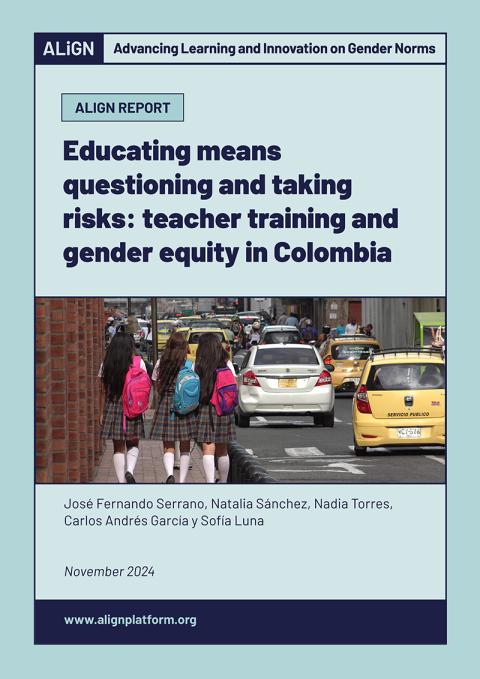- Briefing paper
- 24 November 2025
Navigating the politics of backlash: abortion rights and the Safe Motherhood Bill in Sierra Leone
- Author: Ayesha Khan
- Published by: ODI Global, ALIGN
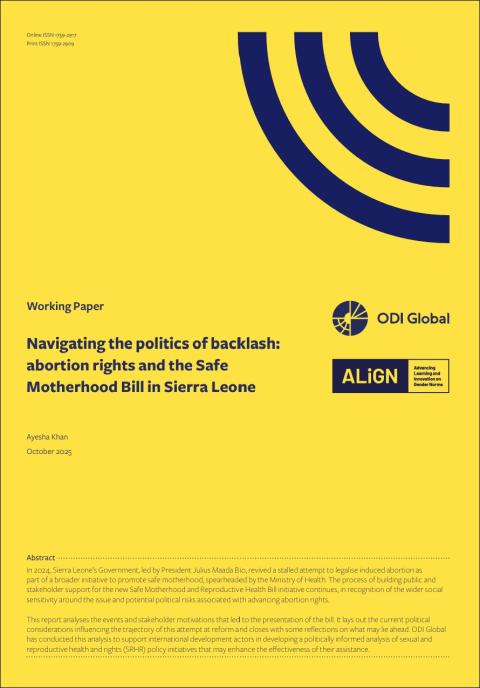
This working paper contributes to a research series exploring the politics of anti-gender backlash against sexual and reproductive health and rights, sharing insights from three country contexts: Kenya, Sierra Leone and The Gambia.
In 2024, Sierra Leone’s Government, led by President Julius Maada Bio, revived a stalled attempt to legalise access to safe abortion as part of a broader initiative to promote safe motherhood, family planning and provide HIV/AIDS treatment, spearheaded by the Ministry of Health. While the original draft bill was approved by the President and the Cabinet, legalising induced abortion for the first time in Sierra Leone proved to be controversial.
Significant opposition to the bill, with backlash both in parliament and in some quarters of public opinion, has led to proposed amendments to modify the Safe Motherhood Bill that restrict access to safe termination – primarily seeking to allay concerns raised by Christian and Muslim religious leaders and organisations. Women’s rights advocates suggest these proposed limitations will reduce the potential of the bill to enhance access to safe abortion services, others suggest it is the first step towards achieving women’s rights. Currently, the bill lingers in Parliament, with no debate scheduled.
This working paper employs a political economy analysis, complemented by activist interviews, to map the dynamics and subsequent events across the timeline of this legislative initiative, with the aim to support national and international development actors seeking to better assess opportunities and obstacles to their initiatives on gender rights. It takes into account the key stakeholders, their motivations, the government strategy, as well as the role of foreign actors in influencing backlash to this reproductive rights legislation.
Key messages
- The Safe Motherhood and Reproductive Health Bill is an ambitious initiative which, if successful, will establish the of the Government of Sierra Leone’s leadership in advancing gender equality in the region.
- While the original draft of the bill which provided for legal abortion services in some circumstances was ground-breaking, the new draft text has watered down these provisions in ways that will restrict safe and accessible services and potentially fail to address high rates of maternal mortality and teen pregnancies, as advocated for by feminists.
- Political opposition has stymied progress on the new law. Both Christian and Islamic faith leaders oppose the termination of pregnancies, and have successfully lobbied against earlier attempts to legalise abortion.
New Christian faith-based organisations with close ties to the US have entered the debate, bringing well-funded lobbying efforts that may deliver growing political influence in Sierra Leone against expanding sexual and reproductive rights. - In collaboration with the Health Ministry, the Government has been determined to build public support through on-going advocacy in communities and by framing the bill in terms of broader reproductive health service provision, indicating a commitment and promising pathway to advance SRHR in ways that can counter opposition.
- Countries / Regions:
- Sierra Leone
Related resources
Blog
12 January 2026
Published by: ODI Global

Blog
5 January 2026
Published by: ALIGN

Policy paper
24 November 2025
Published by: ODI Global
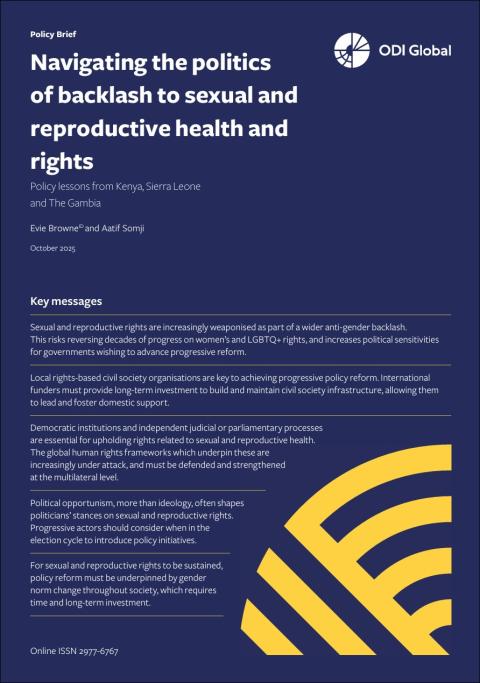
Briefing paper
5 November 2025
Published by: ODI Global, ALIGN
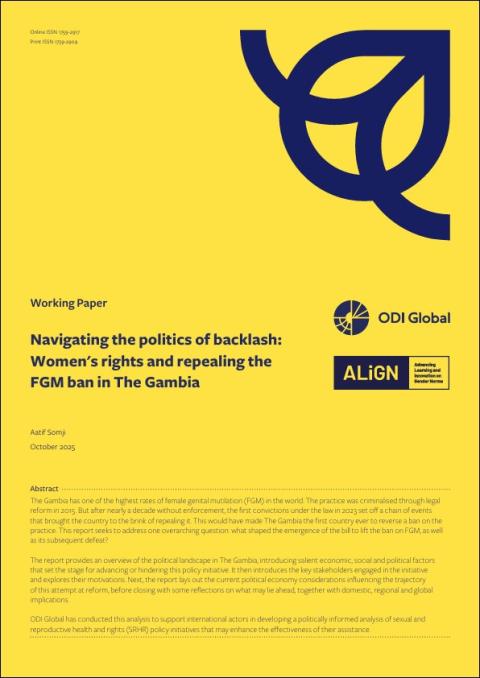
Briefing paper
5 November 2025
Published by: ODI Global, ALIGN
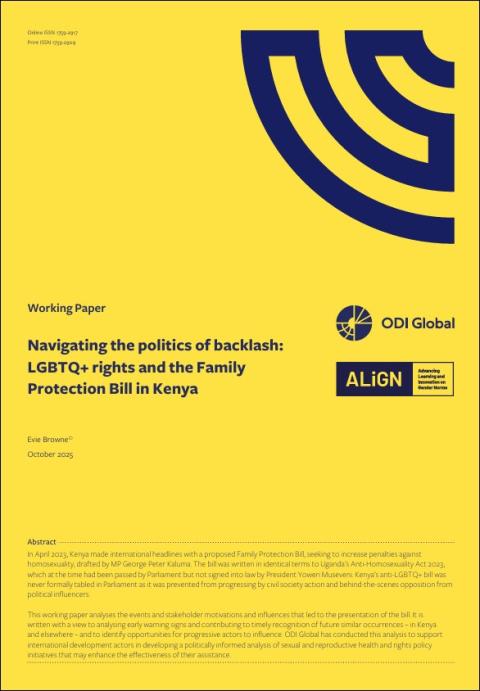
Report
6 October 2025
Published by: ODI Global
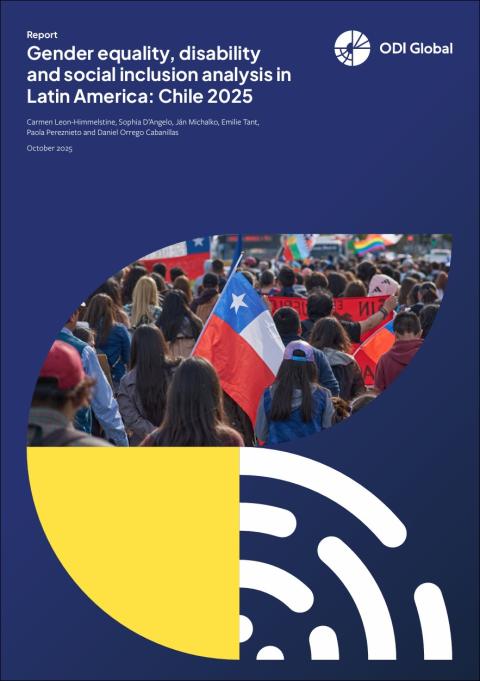
Briefing paper
8 April 2025
Published by: European Politics and Institutions Programme
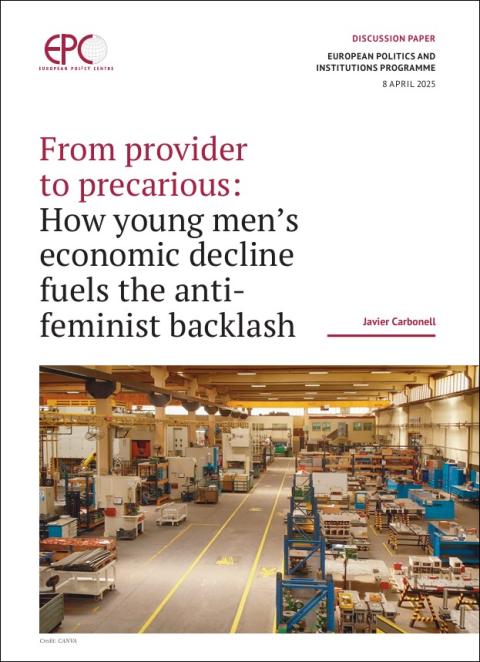
Report
14 April 2025
Published by: ALIGN, IfD
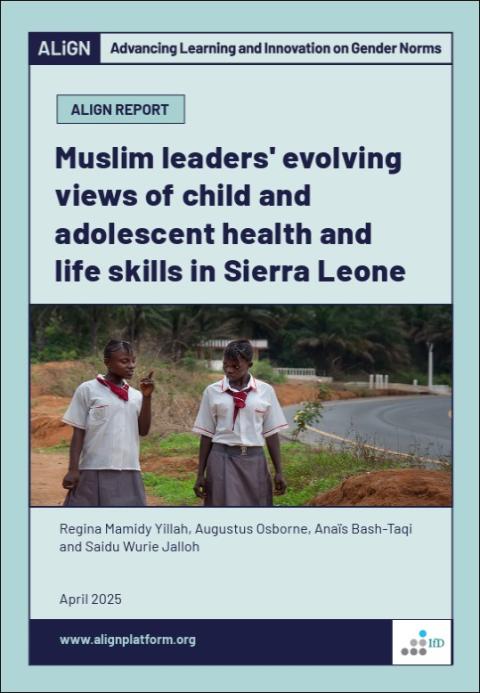
Report
26 March 2025
Published by: ALIGN, Aahung
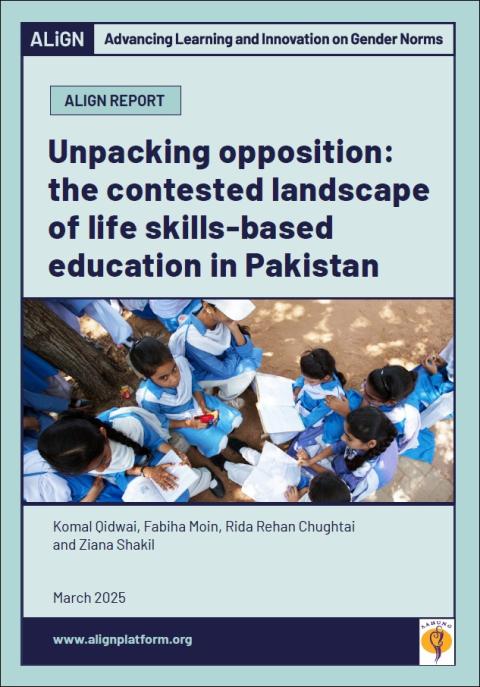
Report
12 February 2025
Published by: ODI Global
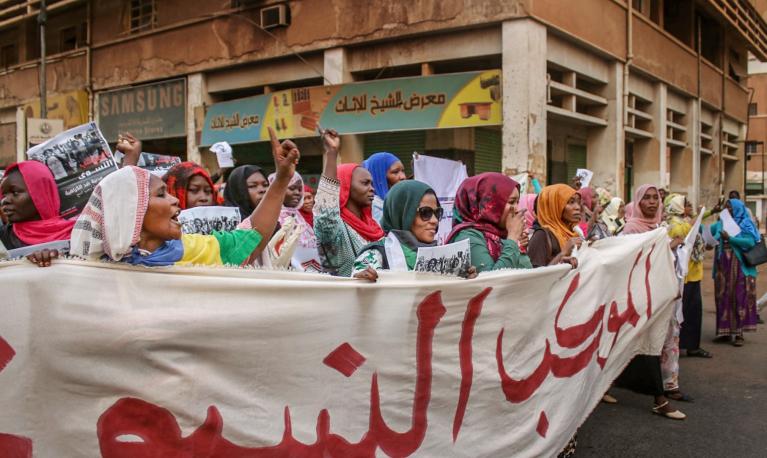
Blog
19 December 2024
Published by: ALIGN
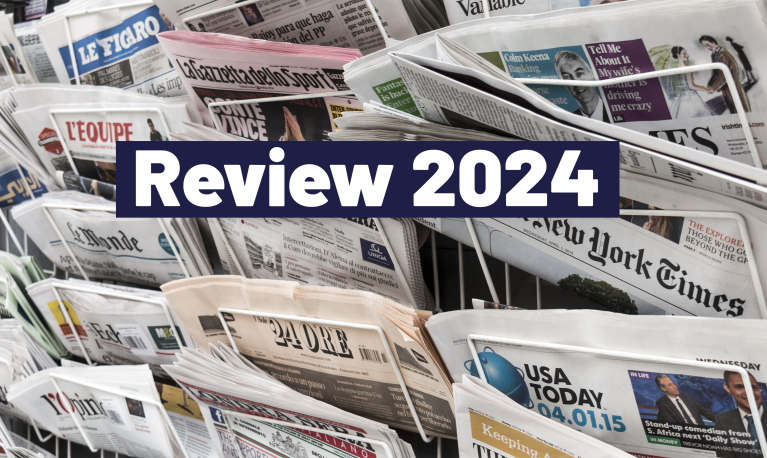
Report
13 November 2024
Published by: ALIGN
